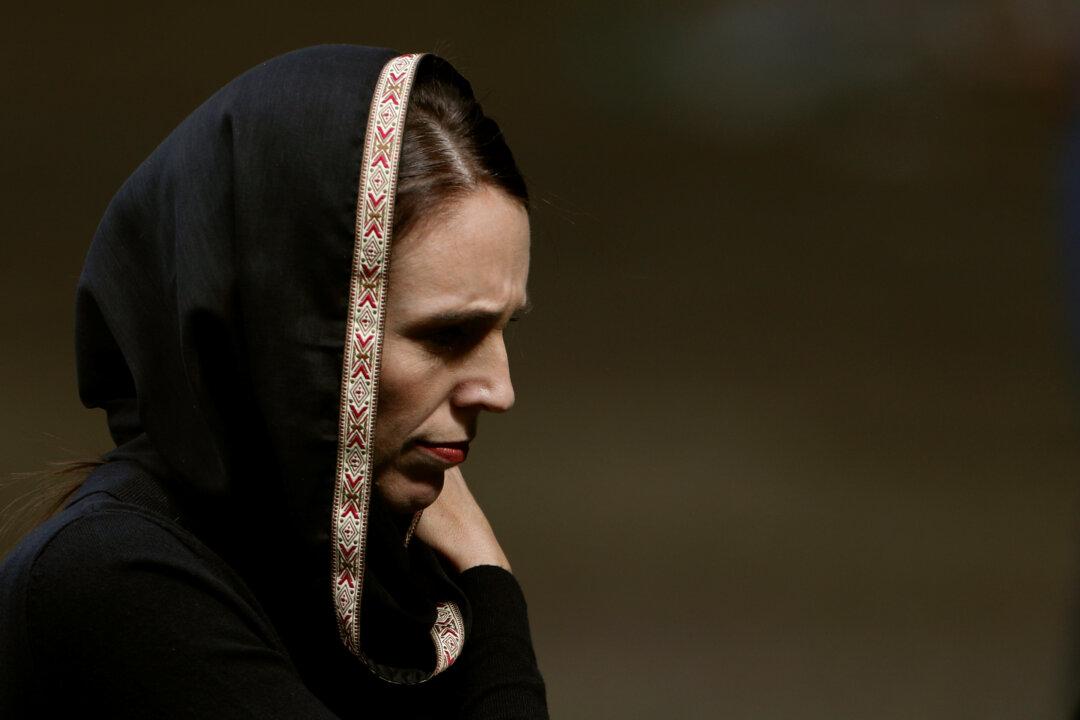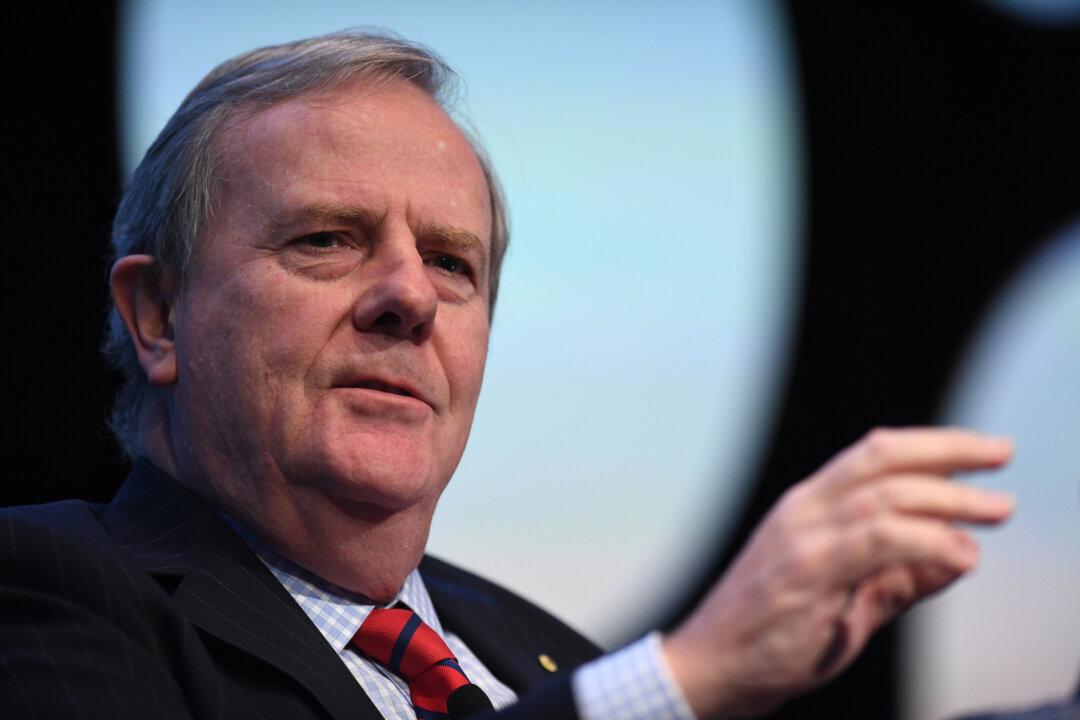A global effort against online extremism launched by former New Zealand Prime Minister Jacinda Ardern in the wake of a gunman’s attack on a Christchurch mosque in 2019 is to be defunded by the government.
The taxpayer-funded Christchurch Call was set up during Ms. Ardern’s tenure in conjunction with French President Emmanuel Macron. It aimed to eliminate online extremist content by unifying content platform providers after Australian Brenton Tarrant murdered 51 people in two Christchurch mosques and live-streamed the event on Facebook.





